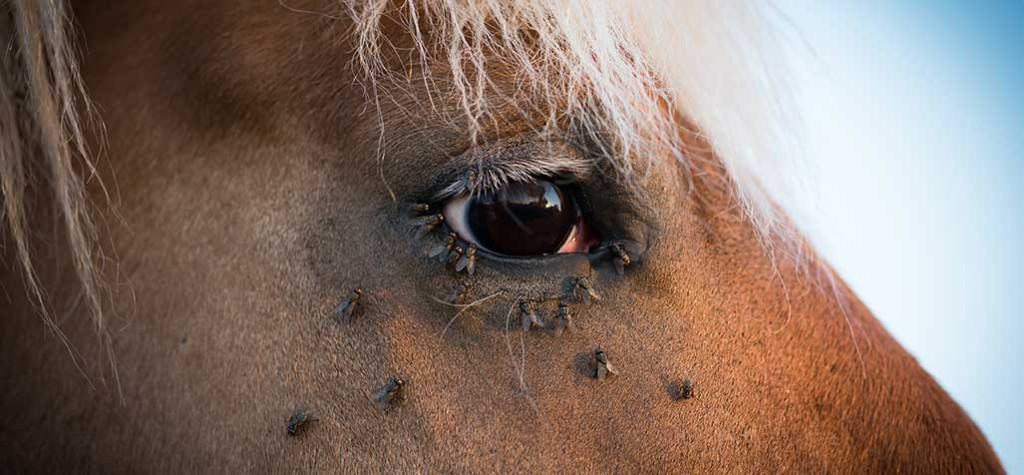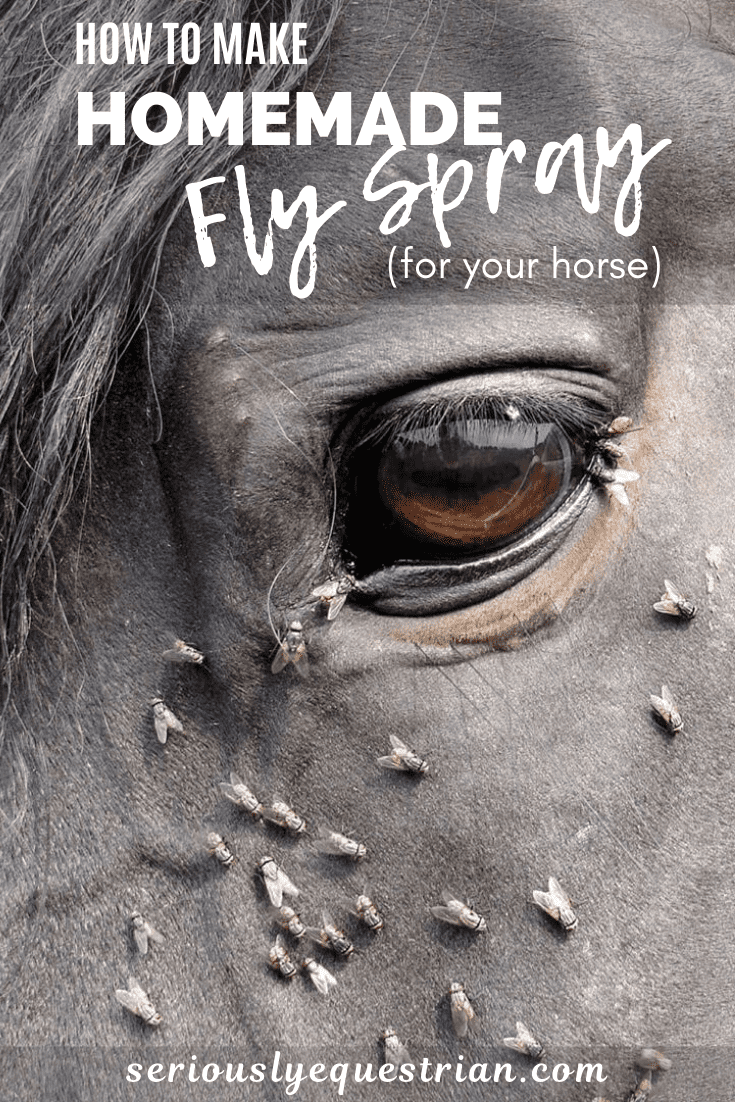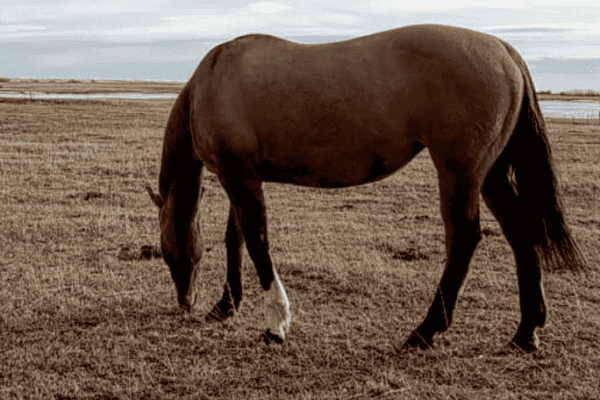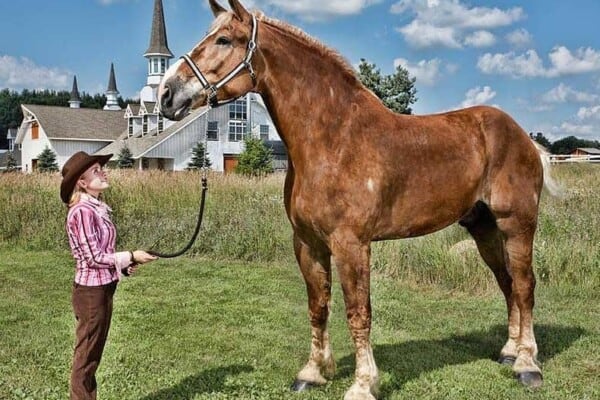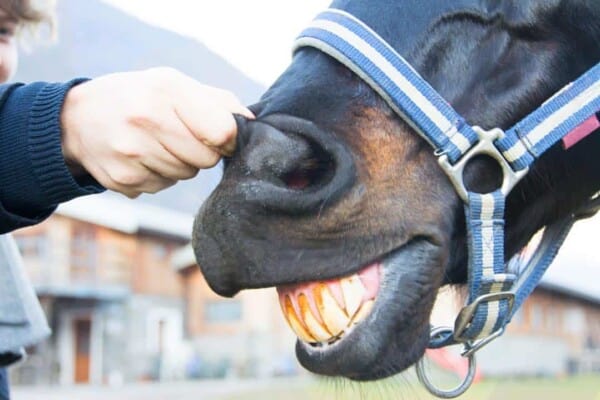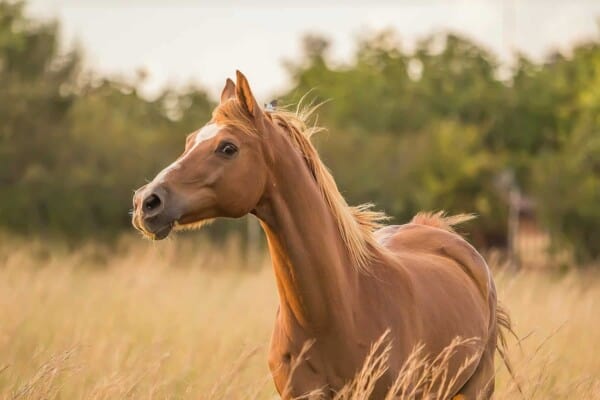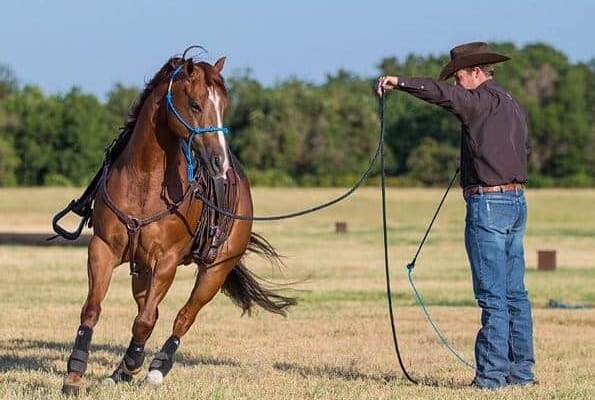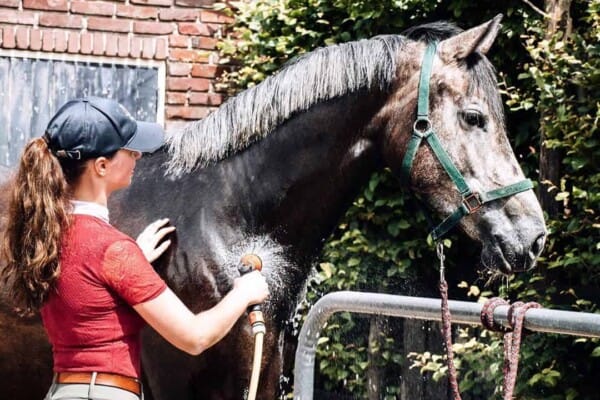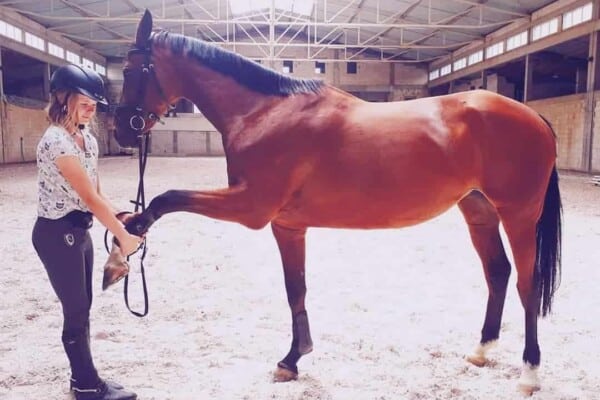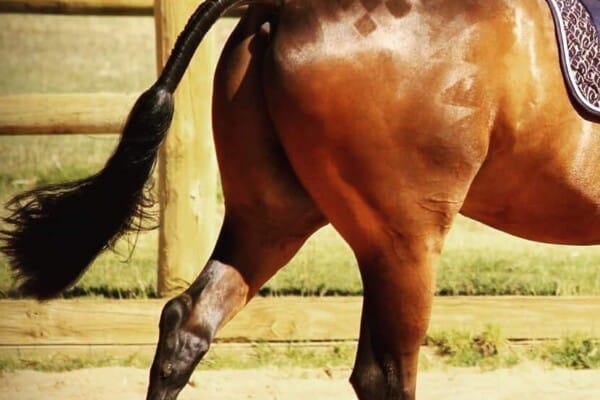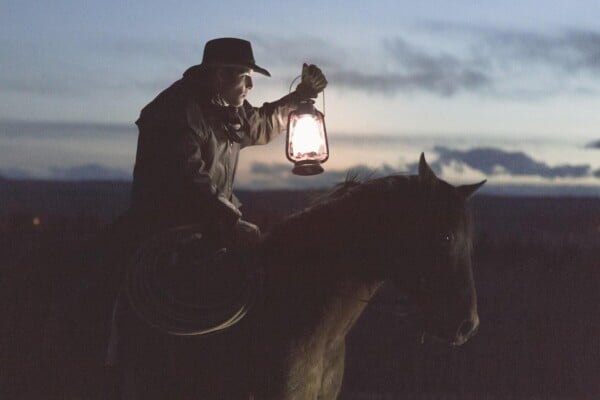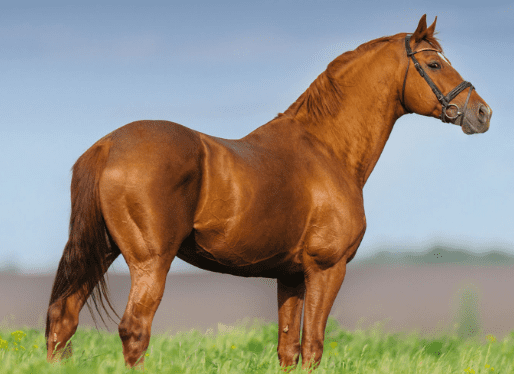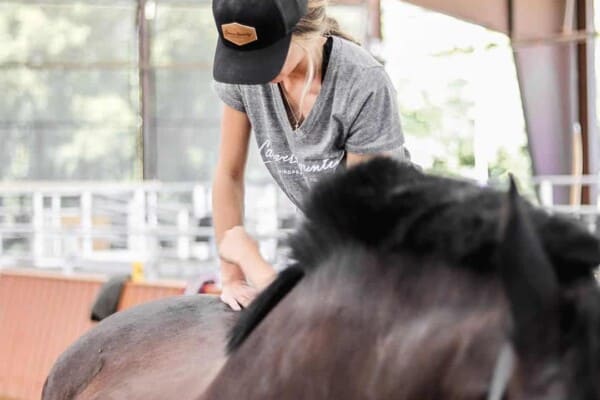In these days of environmental consciousness, riders are starting to question the use of chemicals on their horses in much the same way as they may be looking at the ingredient list for many other products in use within the home.
There is a growing move away from harmful chemicals which may not be good for either the horse or the planet. Horse owners have always had to repel flies, so there must have been ways to do this before the invention of modern pesticides. Of particular concern is Deet, which was devised by the American military in World War II to help protect troops during jungle warfare.
Deet is the shorthand for N, N-Diethyl-,-toluamide and it doesn’t kill insects, it simply repels them. It does work but at what cost?
Many riders are resorting to old-fashioned kitchen table remedies to repel flies. Quick and easy to make, these are easy on the budget and come with the reassurance that you know exactly what’s in them.
Most of these remedies work by repelling flies rather than killing them. In line with good horsemanship practices, make sure you follow a proper fly management regime which includes things like riding at dawn or dusk, keeping susceptible horses in during the day and out at night, avoiding pasture with standing water like a pond and using physical protective barriers like fly rugs and fly masks.
Recipe 1
Citronella, lavender and vinegar
- 300ml of citronella, easy to buy from a chemist or online pharmacy
- 25ml lavender oil
- 4 tablespoons of vinegar
- 6 tablespoons of a standard household antiseptic liquid, you may already have one in your equine First Aid box
- 4 cups of cold, strong tea
- Pour into a 2-litre plastic bottle, fill up with water and shake well, decant with a plant spray
Recipe 2
Citronella, methylated spirit and washing up liquid
- 15ml of citronella oil
- 2 tablespoons of methylated spirit
- 1 tablespoon of washing up liquid
- 4 tablespoons of vinegar
- ½ pint of strong tea
- Blend well and make up to a 2-litre quantity by adding tap water
Recipe 3
Beer and mouthwash
- 2 pints of stale beer
- 500ml of a cheap mouthwash
- 5 tablespoons of Epsom Salts
- Mix well until the salt is completely dissolved, pour into a spray bottle, no need to dilute with water and dispense
Recipe 4
Antiseptic and essential oils
- 250ml of a standard bath oil, a baby bath product is a good, gentle choice
- 5 caps of household disinfectant
- 1 teaspoon each of tea tree oil, lavender oil, citronella, cedar wood oil and oil of eucalyptus
- Top up to 1 litre with either water or cold tea
- Shake regularly before use to keep the oils blended together
What is Citronella?
Citronella is a product made by distilling two different types of varieties of grass. It is a yellowy-brown color and has a pleasant, grassy, lemony smell. It is used in many commercial fly repellent products for horses but is not sufficiently effective on its own. Its composition will vary depending on which types of grasses have been used.
Citronella is safe to ingest and is also found in a number of food products as a flavoring The Food and Drug Administration (FDA) recognises it as safe, awarding it the classification of GRAS which means Generally Recognized as Safe. It is also on the US Environmental Protection Agency’s list of minimum risk pesticides.
You can dispense your homemade potion in any handy plant spray available from a supermarket or garden centre. Always remember to patch test a little of the solution first. Some horses dislike any form of spray so you may need to spray your fly spray onto a sponge and apply to the horse’s body in this way. You should always do this around the face where most horse’s dislike spray and to avoid any going into the horse’s eyes.
Most of these homemade recipes have common components so a lot of this is trial and error to find out which blend you prefer and which is most effective for your horse. Fly sprays work best as part of coordinated animal management so you will still need to follow all the usual practices of good husbandry.

